Reaction to Soldier F trial costs branded a 'double standard'
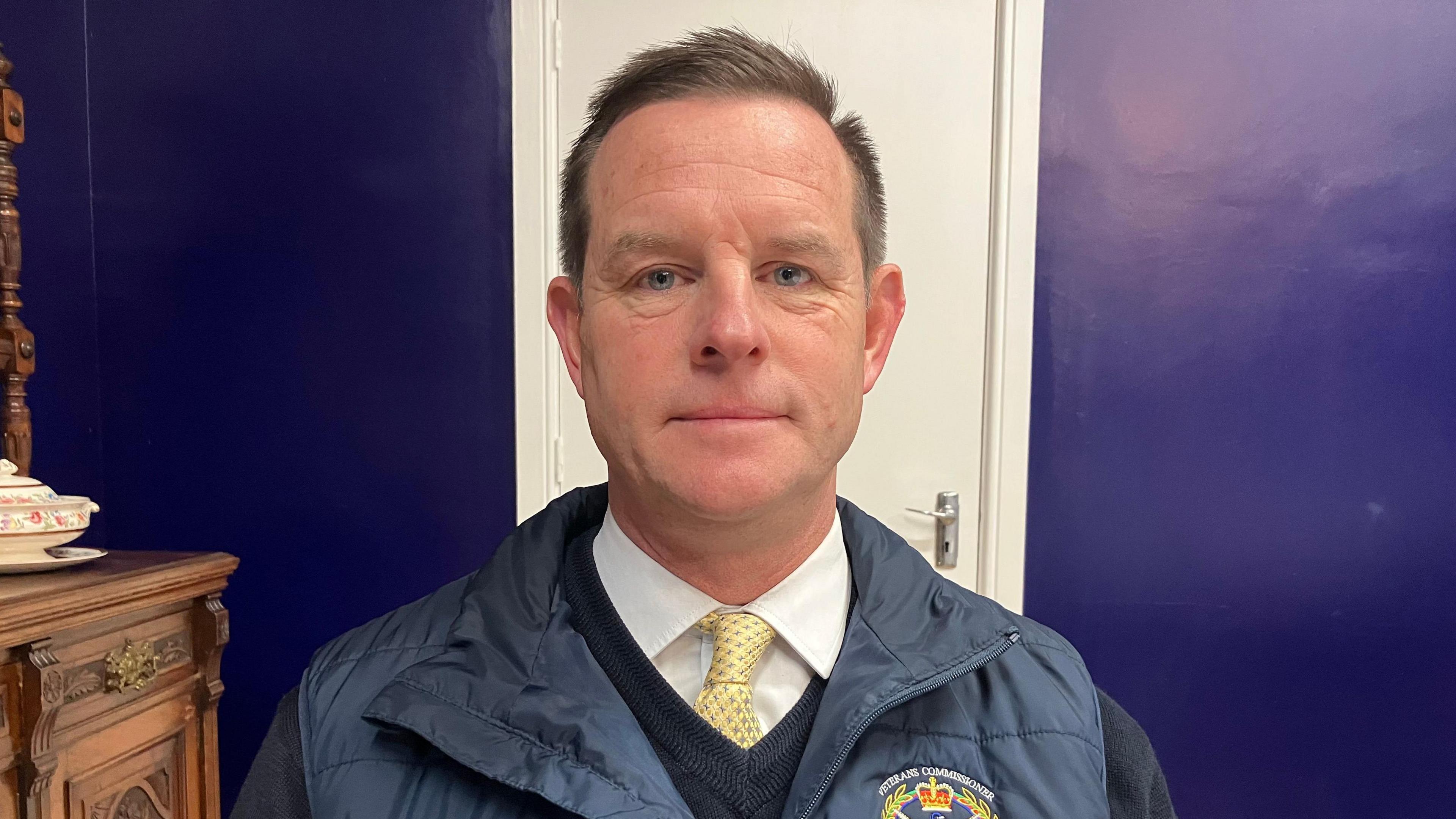
David Johnstone said there has been 'double standards' on how individuals complain about the ways public money is spent
- Published
Northern Ireland's veterans commissioner has described some public reaction to the government spending more than £4m on the defence of Soldier F, as a "real double standard".
Soldier F, a former paratrooper, whose identity is protected by a court order, was found not guilty earlier this month of two murders and five charges of attempted murder on Bloody Sunday in Londonderry in 1972.
Thirteen people were shot dead and at least 15 others injured at a civil rights demonstration in the Bogside area of Derry.
David Johnstone said he found it "incredulous that there is this level of point scoring" following the trial.
It comes as Foyle MP Colum Eastwood described the government spending more than £4m "at public expense" on the defence of Soldier F as "sickening".
Mr Johnstone said: "It is real double standards that hundreds of millions of pounds can be spent investigating incidences, like the Saville inquiry, yet when a man who is charged with murder has a proper standard legal defence, people are complaining about it."
He added that because the government recruited him, trained him and sent him to Londonderry, they had a "duty of care to provide the legal defence process".
The commissioner said he was not surprised at the cost of the trial.
"This has been over six and a half years as a process," he said.
He sited the release of prisoners following the Good Friday Agreement in which "those shouting the loudest now about justice, had no issues with terrorists being let out of jail, without serving their natural justice".
He said veterans "would not stand for being blamed for the Troubles" when "90% of the killings were done by terrorists".
Speaking to BBC Radio Foyle's North West Today programme, Eastwood said the spending was in stark contrast to the financial help the Bloody Sunday families had received.
"We have to remember during this whole trial the families had to make their own way to Belfast," he said
"They had no support at all from the government.
"But this guy, who's been a protected species for 53 years, is getting millions of our money spent on him."
Ulster Unionist assembly member Doug Beattie defended the spending, telling BBC News NI that the Ministry of Defence (MoD) was right to contribute to the legal defence of an employee.
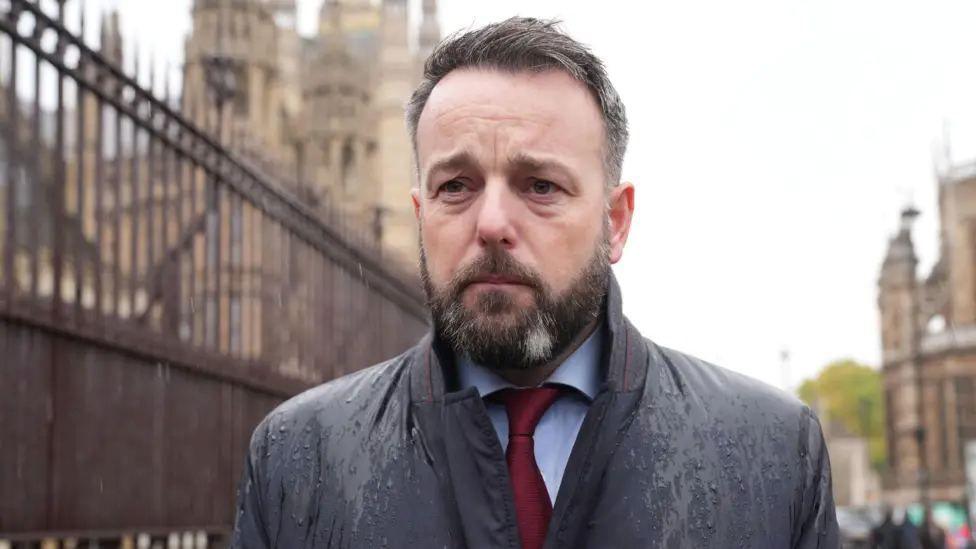
The SDLP MP Colum Eastwood described the costs as "sick"
Legal fees for the case of £4.3m were revealed in a parliamentary answer to the SDLP MP, with Eastwood saying the final figure would be "much higher" once all bills are received.
Eastwood added that he believed Soldier F was not entitled to this level of public funding.
"Everybody has the same problem if they are charged with a significant and serious crime, they have to find the money to defend themselves.
"If he [Soldier F] was entitled to legal aid he could have applied for legal aid, but the point is our taxpayers' money is being spent to protect somebody who, in my view and the taxpayers of Derry, shouldn't be protected by the British government."
'Committed' to supporting veterans
It follows Veterans Minister Alistair Carns giving details of the Soldier F trial costs in response to a written question from Eastwood at the House of Commons.
What have the Bloody Sunday families said?
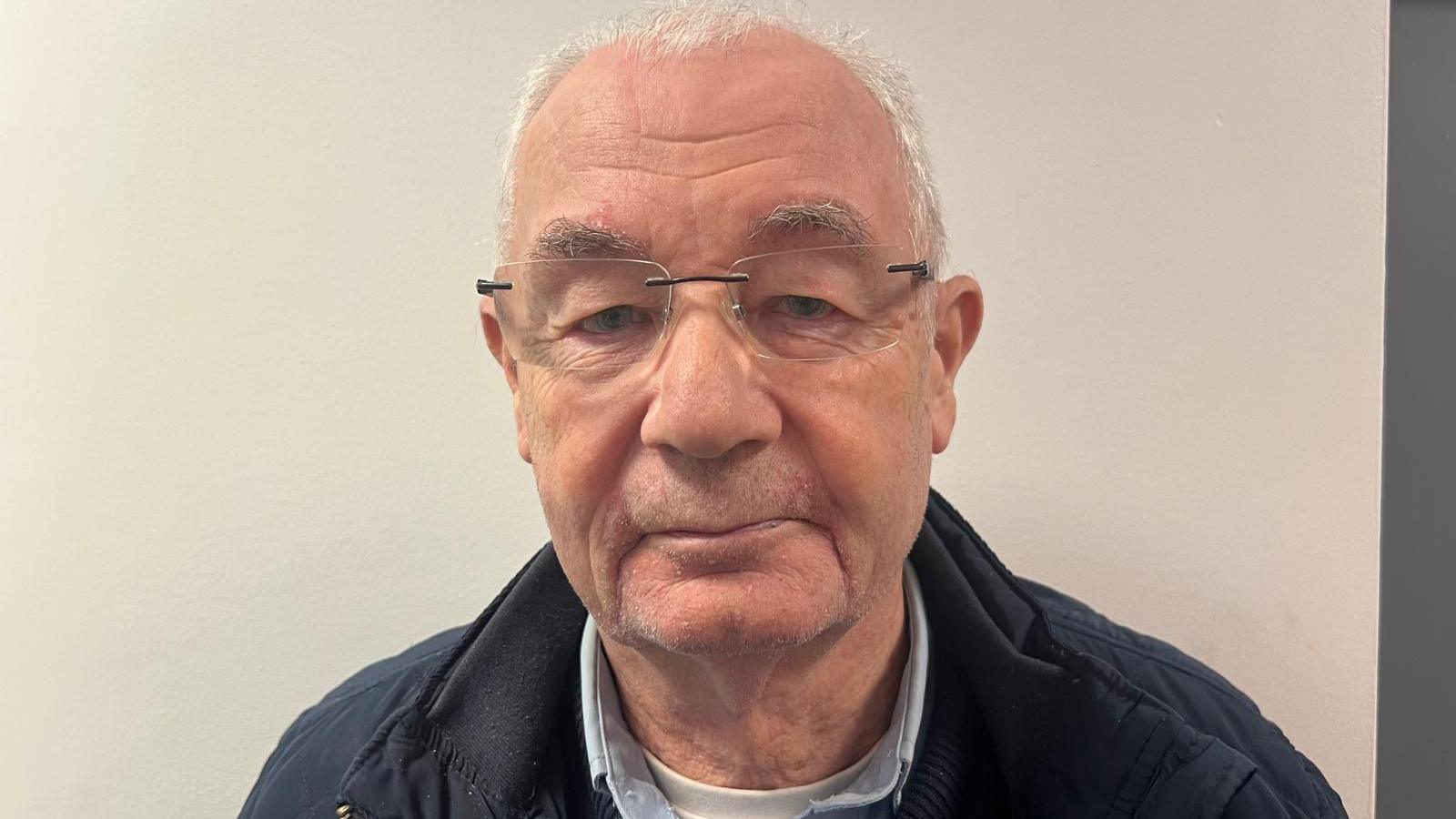
Mickey McKinney's brother William was shot dead on Bloody Sunday
Mickey McKinney, whose brother William was shot dead on Bloody Sunday, said he finds it "very insulting" that the government spent £4.3m defending Soldier F.
"This flies in the face of David Cameron's apology, it's very hurtful," he said.
Referencing the fact the families had to travel to Belfast where the court case took place, Mr McKinney said: "We never had a penny, we never asked for a penny, we haven't received anything, we travelled to Belfast mostly on the train."
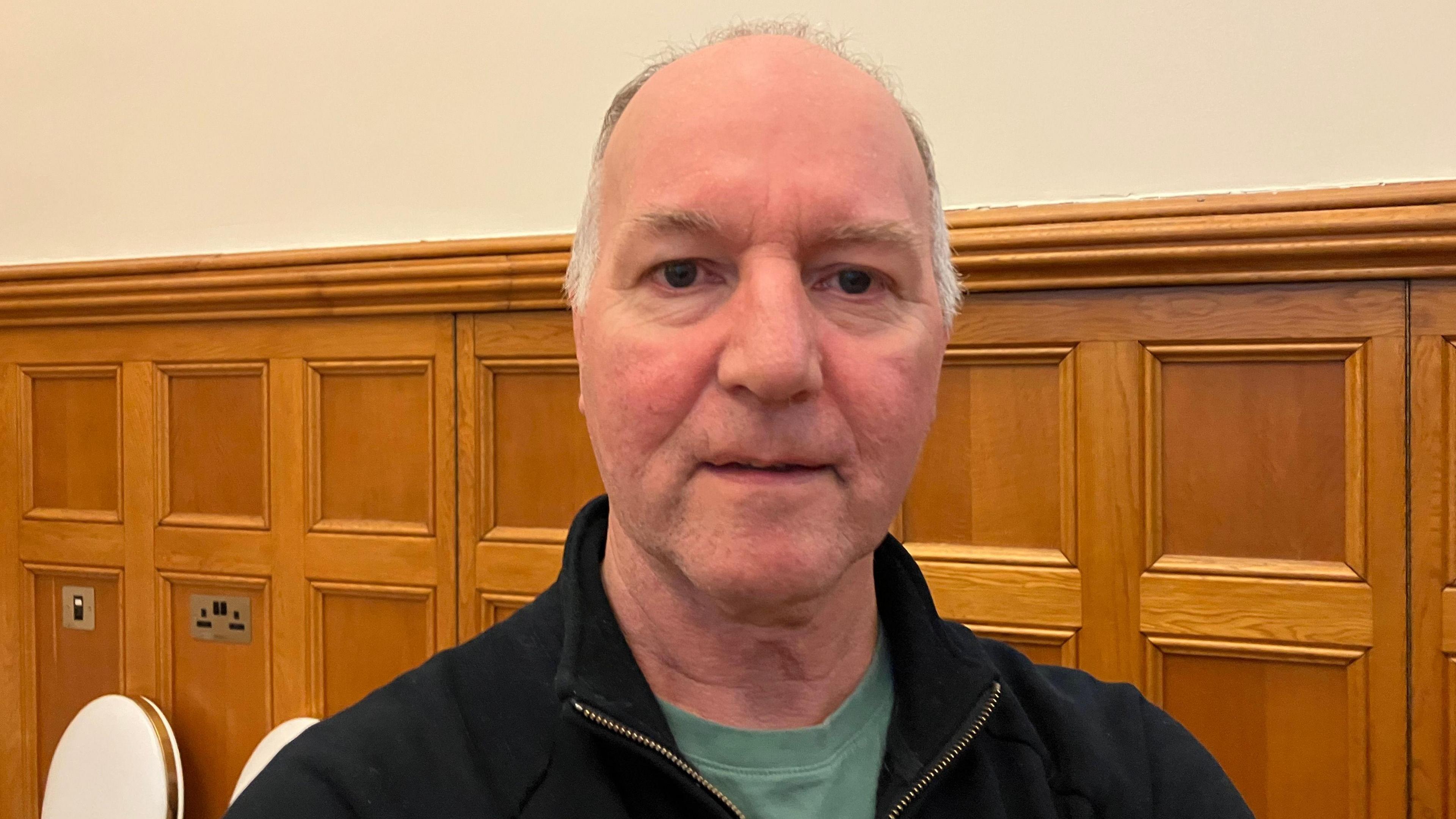
Tony Doherty's father Paddy was killed on Bloody Sunday
Tony Doherty, whose father Paddy was killed on Bloody Sunday, said news of the legal fees has caused quite "a lot of anger and disgust among the families".
"It has angered not only the families, but I would argue the whole of the city of Derry, the people of Derry," he added.
"I'm a taxpayer, it's ironic to think my taxes have gone in some way to sustaining this man's defence at the high court."
He added that it was a "scandalous misuse of public funds".
'Defending an employee'
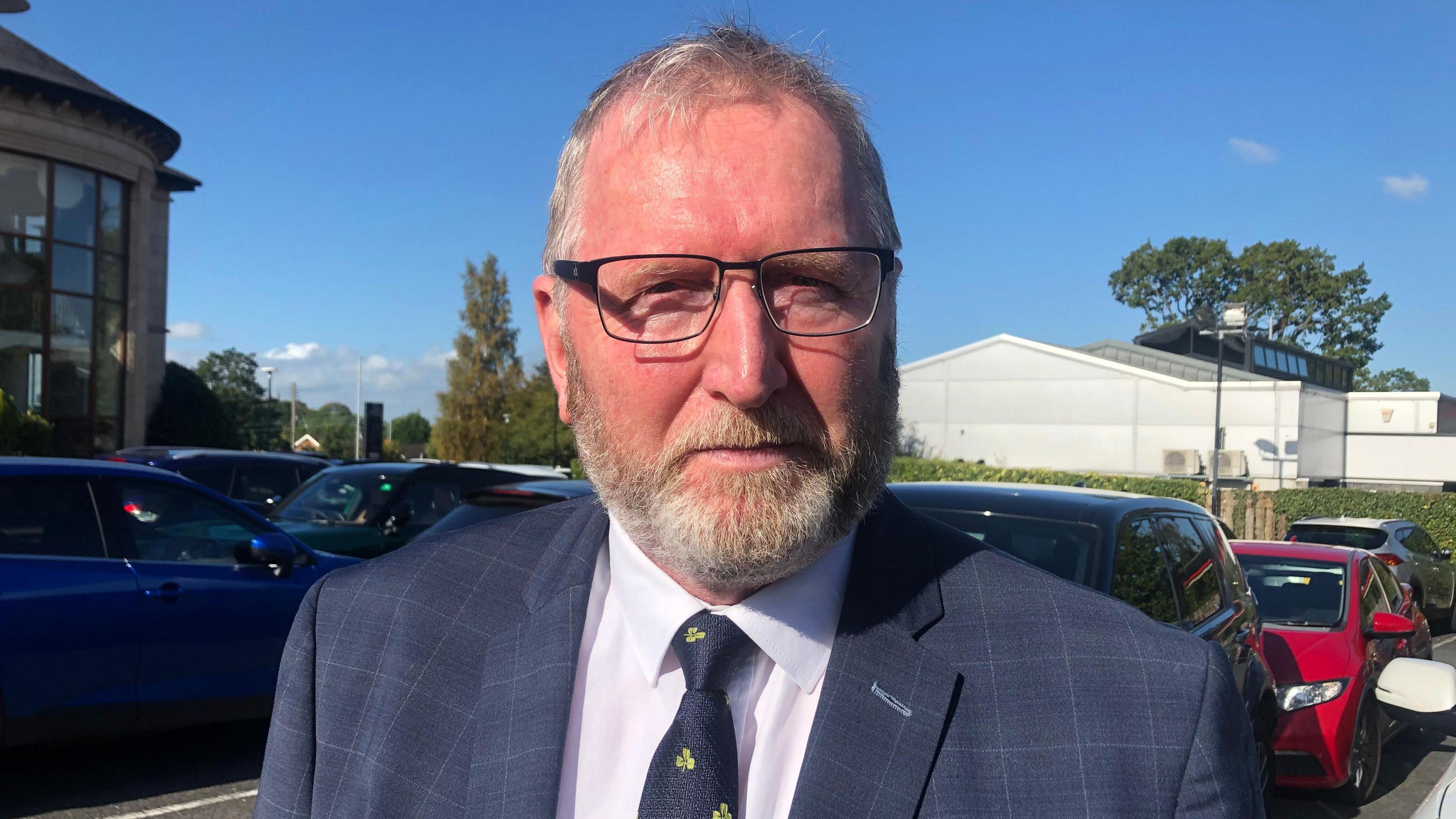
The Ulster Unionist MLA Doug Beattie says Soldier F 'deserved to be defended' and the government had decided to take that on
Ulster Unionist Party assembly member Doug Beattie said the money spent on Soldier F's legal defence was a "huge amount of money, as was the £192m spent on the Saville Inquiry".
The inquiry, which lasted for 12 years until 2010, cost £191m, of which £33m was spent by the MoD on legal fees.
Madden and Finucane, the lead firm for most Bloody Sunday families, received almost £12m.
Beattie added: "This is an employer putting in defence of an employee, an employee they sent to Northern Ireland knowing full rightly that they had not done all that they should have done to make sure that he was trained properly for deploying to that type of environment."
"The only people who benefited from any of this has been the lawyers."
Who is Soldier F?
Soldier F is the only military veteran who has been prosecuted over the shootings.
The five charges of attempted murder related to two teenagers at the time 16-year-old Joe Mahon and 17-year-old Michael Quinn as well as Joseph Friel, who was 20, and Patrick O'Donnell, 41, and an unknown person.
The case was heard by a judge sitting without a jury at Belfast Crown Court and lasted five weeks.
To protect his identity, Soldier F was screened from public view and his name not disclosed, as a result of a court order.
The decision to charge Soldier F was taken by the Public Prosecution Service (PPS) in 2019.
He was one of 18 former soldiers reported to the PPS as a result of a police investigation, which followed the public inquiry into Bloody Sunday conducted by Lord Saville.
But he was the only one charged.
Two years later, the PPS dropped the case after the collapse of the trial of two other veterans who had been accused of a 1972 murder in Belfast.
But the prosecution resumed in 2022 after a legal challenge.
- Published23 October
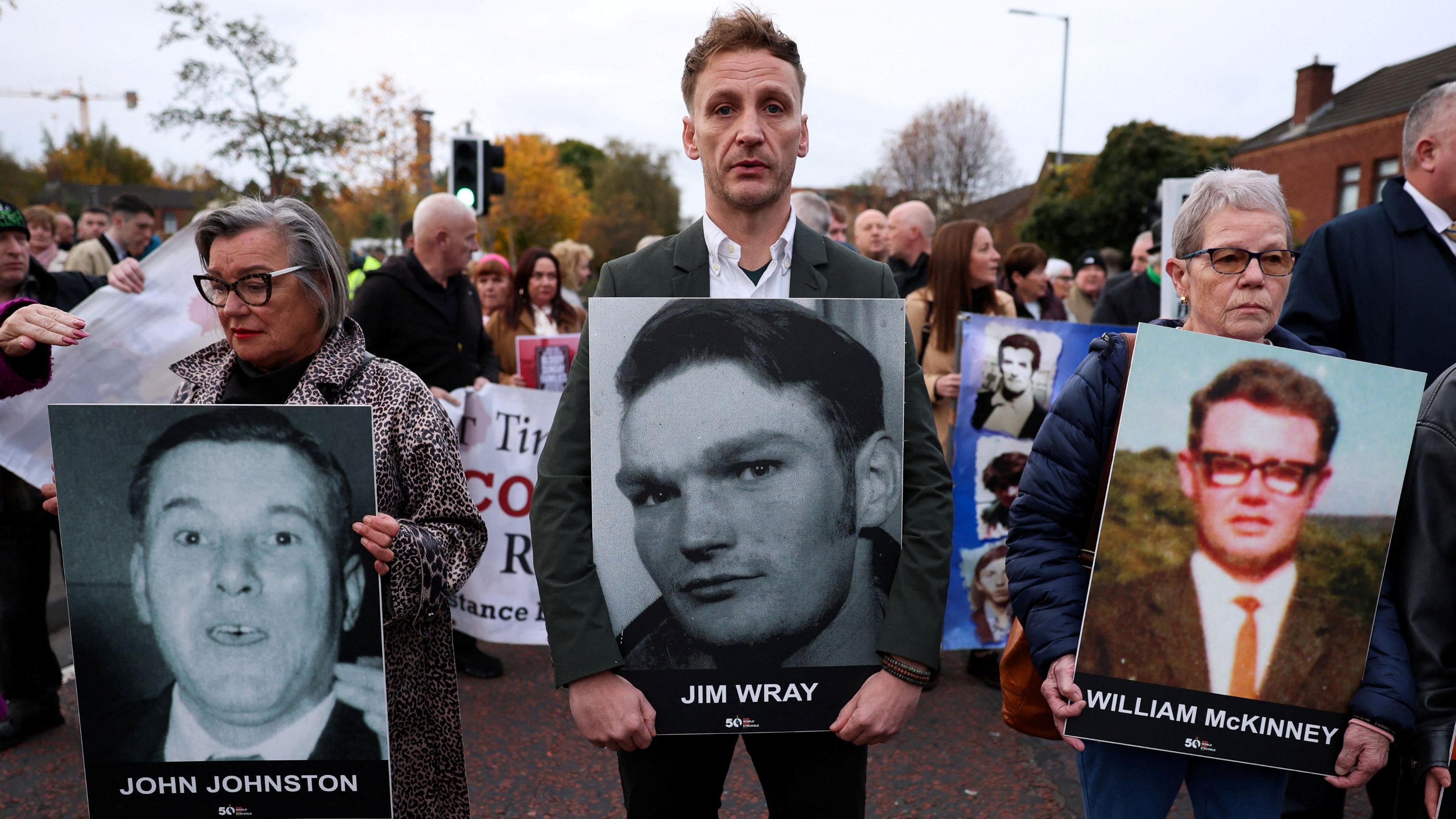
- Published15 June 2010